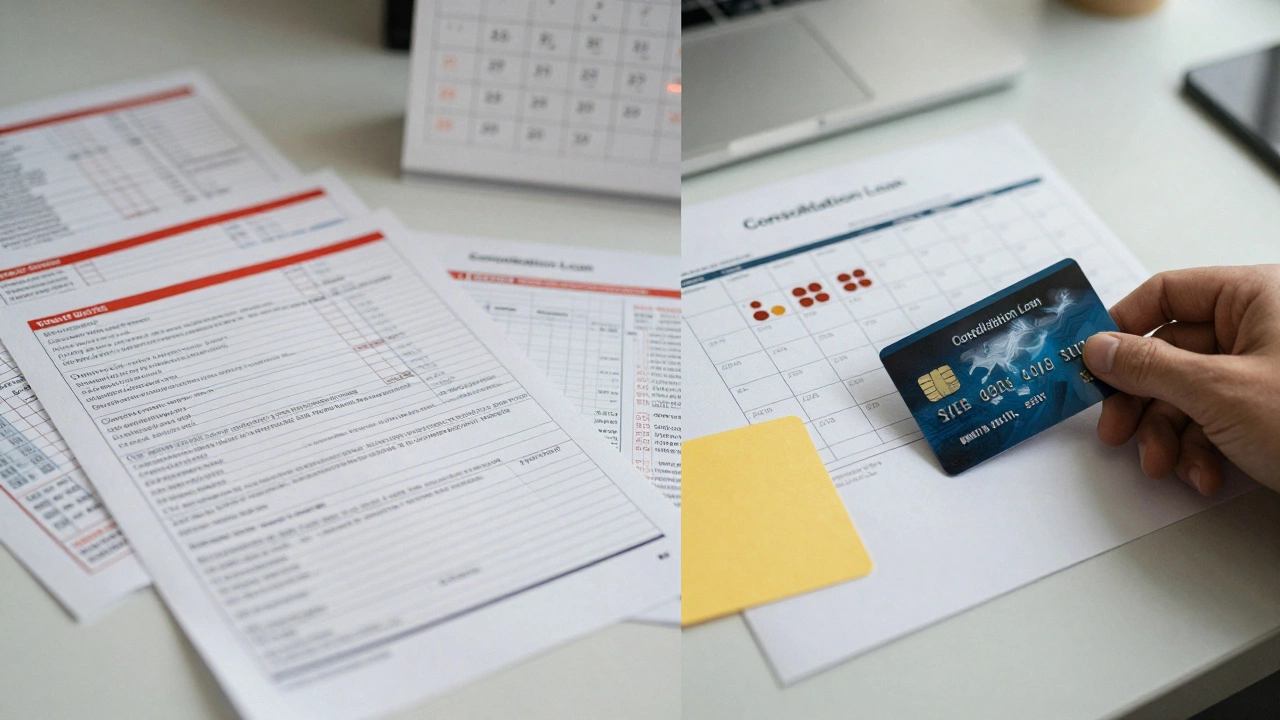Credit Report: What It Is and Why It Matters
If you’ve ever wondered why lenders keep asking for a "credit report," you’re not alone. A credit report is simply a record of how you’ve handled credit over time – loans, cards, mortgages, and any missed payments. It’s the scorecard lenders use to decide if they’ll give you money and at what cost.
In the UK, the big three credit bureaus – Experian, Equifax, and TransUnion – each keep their own version of your report. The numbers might differ a bit, but the core information is the same: personal details, credit accounts, payment history, and public records like County Court judgments.
What’s Inside a Credit Report?
When you open a report, you’ll see a few key sections:
- Personal information: name, address, date of birth, and any previous addresses.
- Account summary: every credit account you’ve opened – credit cards, personal loans, mortgages – plus the balance, limit, and status (open, closed, or in arrears).
- Payment history: shows whether you paid on time, late, or missed a payment. Late payments stay on the report for six years.
- Public records: bankruptcies, CCJs, and other legal actions.
- Inquiries: every time a lender checks your report. Hard inquiries can affect your score for a year.
Knowing these sections helps you spot errors quickly. A misspelled address or a loan you never took can drag your score down unfairly.
How to Use Your Credit Report to Improve Finance
First step: get your free report. In the UK you can claim one free report from each bureau every 12 months. Use it to audit for mistakes – wrong balances, duplicate accounts, or outdated information.
If you find an error, raise a dispute. The bureau has 28 days to investigate, and most correct mistakes fast. A clean report can boost your score by a few points instantly.
Next, tackle the big score drivers:
- Payment history: always pay on time. If you’ve missed a payment, bring the account current and set up automatic reminders.
- Credit utilization: keep credit‑card balances under 30% of the limit. If you’re at 80%, pay down the balance or ask for a higher limit.
- Length of credit history: don’t close old accounts just because you don’t use them. Older accounts show stability.
- New credit: avoid opening several accounts in a short period. Each hard inquiry nudges your score down a bit.
Finally, consider credit monitoring. Some services alert you when a new inquiry appears or when a score changes. This helps you catch fraud early and stay in control.
By checking your report regularly, correcting errors, and following these simple habits, you’ll see your credit score climb – opening the door to cheaper mortgages, better loan terms, and smoother financial planning.

Debt consolidation doesn't erase bad credit. Late payments and settlements stay on your report for up to seven years. Learn how long it really takes to rebuild your score-and what to do after consolidation to make it faster.
Read More
Discover how debt consolidation affects your credit score, the short‑term dip from hard inquiries, and proven steps to turn consolidation into a credit‑boosting move.
Read More
Considering a debt consolidation loan but unsure about credit score requirements? Typically, lenders look for a credit score of 650 or higher, but don't lose hope if you're below this mark. Factors like your income, debt-to-income ratio, and financial history can still influence your eligibility. Learn what lenders are really looking for in this guide to make informed financial decisions.
Read More
Many believe student loans disappear from credit reports after seven years, but this is a myth. This article delves into the truth about student loans, how they remain on your records, and what steps borrowers can take if faced with repayment challenges. Understand the implications of defaulting on loans, explore the conditions for loan forgiveness, and learn tips on managing outstanding debts responsibly.
Read More